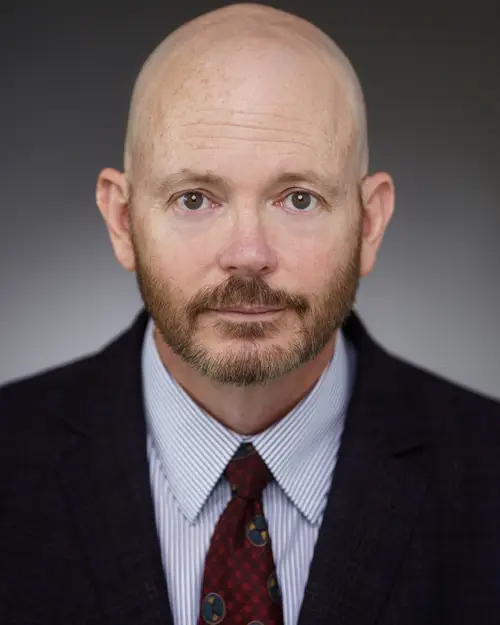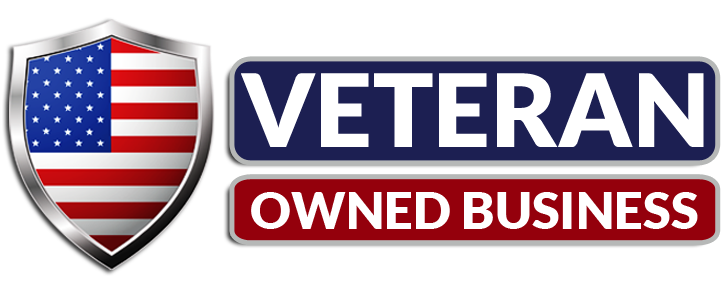When an 80,000-pound truck causes devastation, the answer isn’t always simple. Here’s who may be legally responsible—and how to hold them accountable.
The Crash Was Over in Seconds—But the Legal Questions Are Just Beginning
You were driving safely. Then, out of nowhere, a commercial truck crossed into your lane or failed to stop in time. Now you’re in the hospital, your car is totaled, and the insurance companies are already pointing fingers.
And you’re left asking:
“Who’s really at fault here—and who’s going to pay for this?”
At Fisher and Associates, we know how chaotic the aftermath of a truck accident can be. These aren’t your typical fender-benders. When 40 tons of steel causes harm, multiple parties may share responsibility—and each one will try to avoid paying for it.
This guide explains how liability works in Colorado truck crashes, and why identifying the right parties could mean the difference between a lowball settlement and the compensation you truly need.
In Colorado, Blame Isn’t All-or-Nothing—It’s a Percentage Game
Colorado follows a legal principle called modified comparative negligence. Here’s what that means:
- You can recover damages if you’re less than 50% at fault
- Your compensation is reduced by your percentage of fault
- If you’re 50% or more at fault, you receive nothing
So if the insurance company convinces a jury that you were partly to blame, it could drastically reduce—or eliminate—your recovery.
That’s why proving liability isn’t just important—it’s essential.
When the Driver Is Not the Only One at Fault—Or Even the Main One
Most people assume the truck driver is always the one responsible. Sometimes, that’s true. Common examples of driver negligence include:
- Driving while fatigued or over hours
- Speeding or aggressive lane changes
- Distracted driving
- Impaired driving
- Failure to inspect the vehicle
But even when a driver clearly made a mistake, they may not be the only one—or even the main one—legally responsible.
Why?
Because truck drivers often operate under the control of larger companies, contractors, or third parties.
And in Colorado, liability can extend far beyond the person behind the wheel.
Follow the Money: 6 Parties That May Be Liable in a Colorado Truck Accident
1. The Trucking Company
Companies are often responsible for their employees under vicarious liability. But that’s just the beginning. They may also be directly liable for:
- Poor driver training
- Hiring unqualified or unsafe drivers
- Forcing drivers to work past safe hour limits
- Skipping inspections to save time or money
2. The Cargo or Freight Company
Improperly loaded or overweight cargo can cause trucks to jackknife, tip, or lose control—especially on Colorado’s mountainous roads. The company that loaded the truck might be liable.
3. The Truck Owner
If the driver was leasing the vehicle or driving for another company, the actual owner may be responsible for neglecting maintenance or failing to repair dangerous components.
4. Maintenance Contractors
If a third-party mechanic or fleet service failed to fix brakes, tires, or lighting systems, they may be directly liable for the resulting crash.
5. The Manufacturer
Sometimes, the fault lies in a defective part—a faulty brake system, a tire blowout, or a steering malfunction. In these cases, we may pursue claims against the manufacturer for product liability.
6. Another Driver on the Road
Not all crashes are simple two-vehicle collisions. If a third driver caused the truck to swerve, brake, or lose control, they may share fault—even if they weren’t directly involved in your collision.
The Police Report Is Just the Beginning—Not the Final Word on Fault
Police reports help lay the groundwork—but they’re not always accurate. Officers may not dig into:
- Hours-of-service violations
- Hidden mechanical issues
- Driver employment status
- Black box (EDR) data
At Fisher and Associates, we conduct our own investigation with a team of experts. That includes:
- Accident reconstruction professionals
- Trucking industry specialists
- Medical and economic experts
- Deep dives into FMCSA compliance logs and driving records
We don’t stop at the surface. We build cases from the ground up.
We Know How to Follow the Evidence—and Hold Every Party Accountable
Truck accident cases are high-stakes. Insurance companies know it. Trucking companies know it. And if you don’t act fast, they’ll start working to protect themselves before you even leave the hospital.
At Fisher and Associates, here’s how we protect our clients:
- We move quickly to preserve black box data and driver logs
- We identify every liable party—from drivers to companies to manufacturers
- We prepare your case for trial from day one, so the other side knows we’re serious
- We fight for full damages: medical bills, lost income, future care, and pain and suffering
We don’t settle cheap. We don’t leave money on the table. And we never back down from a big opponent.
Your 3-Step Plan to Get Answers—and Get Justice
- Call for a Free Consultation
We’ll review the details, answer your questions, and give you real guidance. - We Investigate the Crash and Uncover the Truth
Our team gathers evidence, interviews witnesses, and identifies all responsible parties. - We Fight for Full Compensation
You focus on healing—we handle the legal battle.
Hurt in a Truck Crash? Don’t Guess Who’s Responsible. Let Us Help You Find Out.
Truck accidents are complicated—but you don’t have to figure it out alone.
At Fisher and Associates, we bring the resources, strategy, and trial experience to hold every liable party accountable—not just the obvious one.

Paul Fisher founded Fisher & Associates P.C. in order to fight for justice and ensure accident victims receive the compensation they deserve. He is licensed to practice law in both the State of Colorado and the United States District Court for the District of Colorado, and focuses on all aspects of personal injury law, including car accidents, motorcycle accidents and insurance bad faith.

